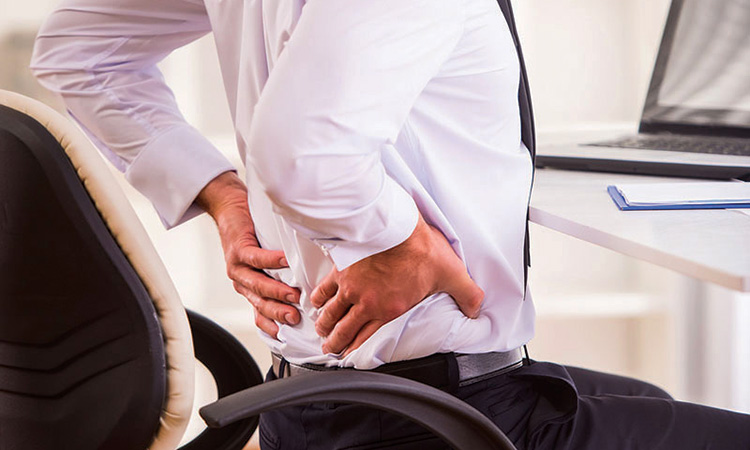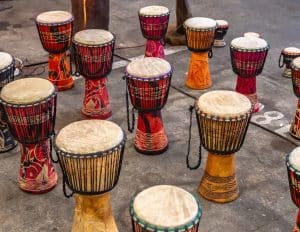
You wouldn’t think coughing or sneezing could break a bone. But if you’re one of the 3.5 million people in the UK and Ireland living with the bone-thinning disease osteoporosis, it could.
October 20 is World Osteoporosis Day, and there’s no better time to think about your bone health – and how a few lifestyle tweaks could help you avoid the condition.
Osteoporosis mostly affects women over 50 – due to oestrogen levels dropping rapidly after menopause – but bone health is still an important consideration for everyone, at every age.
“Osteoporosis causes 500,000 broken bones every year in the UK, and has a devastating personal and financial impact on people’s lives,” explains Lauren Wiggins, director of clinical services at the Royal Osteoporosis Society (ROS; theros.org.uk). “It’s often referred to as a ‘silent disease’ because of under-diagnoses, under-treatment and low public awareness.
As well as age and sex, the condition can also be linked to genetic factors, taking certain medications such as corticosteroids, and certain illnesses like anorexia. Low bodyweight, smoking and excessive alcohol intake are also risk factors.
The ROS knows it’s all too easy to take our bones for granted – until they break. Here’s why they’re urging everyone to look after their bones, and how to do it…
1. You may not know you’ve got osteoporosis until it’s too late
Osteoporosis doesn’t have any symptoms, and an easily broken bone after a minor bump or fall is often the first sign bones have lost strength. “It’s a common misunderstanding that osteoporosis causes aches and pains,” says Wiggins. “The condition itself doesn’t cause pain, but the resulting impact of breaking a bone can be painful.”
5. Weight can make a difference
The ROS warns the risk of osteoporosis and broken bones increases if you’re underweight or overweight, so it’s generally a good idea to aim to keep your body weight within a healthy range.
6. Exercise helps reduce the risk
Bones stay strong if you give them work to do, says the ROS, explaining that a combination of weight-bearing exercise with impact, and muscle-strengthening exercises are the best ways to keep bones strong. The former involves being on your feet and adding an additional force or jolt through your skeleton – anything from walking to star jumps.
7. Take vitamin D
The ROS warns that low levels of vitamin D can increase the risk of osteoporosis and broken bones, as vitamin D helps the body absorb and use calcium – essential for bones. The vitamin is created in the body if skin is exposed to enough sunlight. But in the UK, between October and April, there’s generally not enough adequate sunlight for our bodies to do this, which is why it’s recommended people take a daily supplement of 10micrograms of vitamin D during these months.
8. Support bone health through diet
There are many other nutrients that are also vital in helping bones stay healthy and strong. The ROS recommends people eat a healthy, balanced diet including foods from the four main food groups of fruit and vegetables, carbohydrates like bread, potatoes, pasta and cereals, dairy and dairy alternatives, and proteins like beans, eggs, fish and meat. “Eating and drinking the right things can help support your bone health at every stage of your life,” Wiggins points out.












